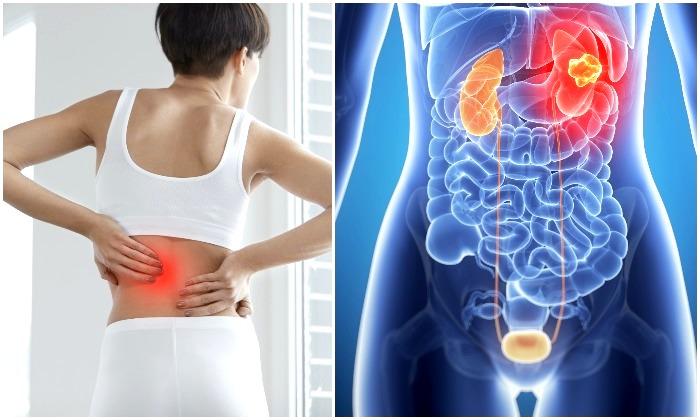Dr. David Gu, director of HouFeng Diabetes & Hemodialysis Clinic, often receives patients who come in to relieve their renal pain. However, after examination, the vast majority of these patients have lower back pain caused by other factors such as muscle strain.
Kidneys are “silent organs,” he says, and many kidney diseases do not result in lower back pain, but may show other symptoms. The more common issue of kidney stones may indeed cause lower back pain though, he added.





